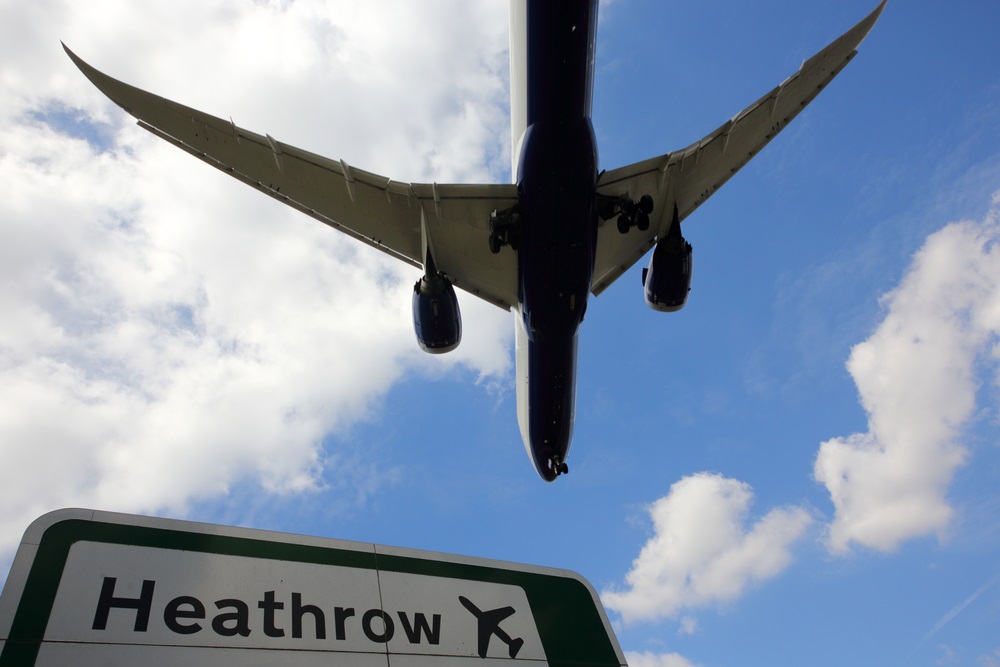What does the Heathrow expansion mean for the UK?

London Heathrow has been ranked the busiest airport in Europe and with passenger numbers continuously rising, it is not surprising they are looking to expand. The airport has been operating at 98% capacity for over a decade, restricting airlines from growing in the UK and having to choose other European airports.
Yesterday, the news was released that the cabinet has signed off the plans for Heathrow’s new runway expansion – a big step forward for the proposed development! This expansion is set to be one of the biggest infrastructure projects in Europe which has stirred a lot of discussion and debate!
The expansion will comprise of a third runway. Within the plan it states a three-runway Heathrow will provide up to 740,000 flights a year, enough for Heathrow to compete on an equal footing with Paris, Frankfurt, and Amsterdam. It will also provide sufficient hub-airport capacity until at least 2040.
For the country, the development has the capability to significantly boost the economy, supporting exports, trade and job opportunities. It has been reported the expansion is set to deliver tens of billions in economic growth and create tens of thousands of new careers!
Inbound tourism will increase, which will boost the economy, country profile and allow our major destinations to grow and develop further.
The expansion will result in opportunities for 40 new long-haul trading routes and has been positioned to make the UK a “Global trading powerhouse”. With BREXIT looming and businesses showing concerns doing business with countries outside Europe – this could be a great solution.
A big bonus for passengers is lower airfares. There will be more airlines and flight options available which will drive the ticket price down, on top of having a greater choice of destinations!
Since 2007, Heathrow has invested over £11bn in improving the passenger experience, adding two new terminals resulting in all-round better capabilities to handle passenger traffic equating to a smoother experience.
There are objections to the expansion which is expected for such a significant development. A major concern is air pollution and the potentially significant increase of CO2 emissions. That said, Heathrow has promised the development will take all measures to ensure the airport expands and operates in the most sustainable and environmentally friendly way possible. Already between 2008-2013 Heathrow has cut ground-based NOx emissions by 16% – proving their dedication. In addition, the airport has invested over £5m in electric charging points, converted a high proportion of their fleet into electric vehicles and is exploring creating an Ultra-Low Emission Zone.
Another query is, why should the investment go into Heathrow over smaller airports? Due to the improved air and rail connections, Heathrow will become within a 3-hour travel time to 70% of Britain’s population. New public transport infrastructure such as Crossrail, HS2, Piccadilly Line updates and Western/Southern Rail proposals, all have the capability to treble Heathrow’s rail capacity by 2040.
Heathrow has promised to involve continuous input from key stakeholders, neighbouring communities, local authorities, airlines, statutory bodies and Heathrow’s community engagement board, to ensure the expansion is delivered in the most effective, efficient and opportunistic way possible.
I am personally excited about being part of a sector that is constantly being invested in, making profound changes to our society and future generations.